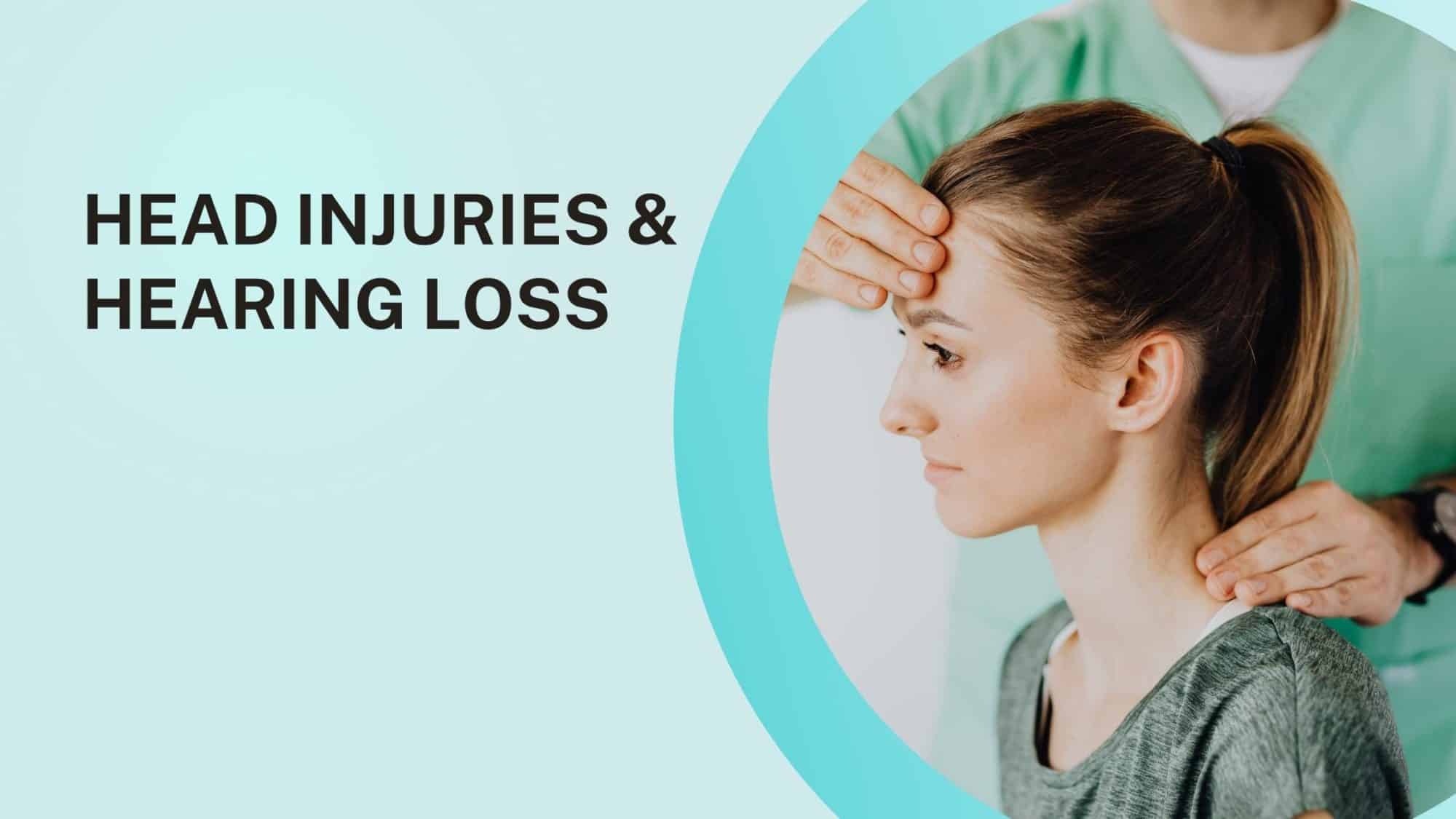- The Future of Hearing Health Research: Promising Breakthroughs - April 18, 2024
- Hearing Health in the Classroom: Strategies for Teachers and Students - April 6, 2024
- The Power of Bluetooth: A New Chapter in Hearing Aids - March 26, 2024
Though the causes vary, the leading cause of death and disability in Americans is traumatic brain injury (TBI). Each year, more than a million cases require hospitalization. We don’t know how many thousands more go unreported. Concussions and other head injuries commonly perceived as less serious are also traumatic brain injuries.
In many cases, hearing health specialists are brought in as part of the diagnostic and rehabilitation process. Among a litany of other complications, a TBI can cause loss of hearing, balance (vestibular) issues, and central auditory complications.
What is a Traumatic Brain Injury (TBI)?
Put simply, a traumatic brain injury is an injury resulting from a blow to the head. The most common causes of traumatic brain injuries are car accidents, violent assaults, gunfire, and explosions. The range of complications resulting from a traumatic brain injury is varied and potentially severe.
Motor, Sensory, Autonomic Issues
Neurological impairments can cause loss of coordination, trouble balancing, and speech issues. Sleep disturbances may result, as could sensory loss.
Cognitive Dysfunction
Problems with memory and concentration may arise, along with trouble solving logistical problems like planning or problem-solving.
Lifestyle Impacts
People with TBI might have difficulty finding and retaining employment. They might also see negative impacts on their relationships.
Can a TBI Affect Hearing?
When a traumatic brain injury occurs, there can be physical damage to the ear itself. For instance, with a gunshot wound or other type of violent blow, the eardrum, inner ear cells, or structure of the ear can be compromised. All the parts of our ears, both the outer shell and inner workings, play important roles in our sense of hearing.
In other cases, residual damage or bruising to the important processing centers of the brain can result in hearing loss.
While the structure of the ear is extremely important, much of what we think of as hearing happens in the brain. While the ear collects information from the outside world, the inner ear receives the sound information to be sent to the brain’s processing centers via the auditory nerve. In our brain, that sound information is made known to us as noise and speech. The process is lightning-quick and we are largely unaware of these actions as separate stages of hearing.
Hearing Issues that can Result from TBI
Sensorineural hearing loss – hearing loss resulting from damage to the ear or nerves within the inner ear
Vestibular issues – damage to the parts of the inner ear or brain that help us process sensory information that then controls our sense of balance
Central auditory complications – due to damage in the brain’s hearing processing center, the ear and brain don’t communicate properly, resulting in problems with comprehension.
Preventing Traumatic Brain Injuries
While there is so much of life we cannot predict or control, you can take steps to protect against traumatic brain injuries. The demographic most likely to suffer TBI are males, aged 15-35. Experts agree that the most likely reasons are a higher rate of risk-taking behaviors and contact sport participation.
There have been articles, films and books focused on the long-term effects of TBI in football players. If you have a young person engaged in contact sports, don’t take the ‘walk it off’ approach to head injuries. If a head injury occurs, see your medical provider immediately. You also might see if you can steer their interest into sports that are less likely to result in these types of head injuries.
In older people, falls are the most common reason they are admitted to the hospital with a traumatic brain injury. You might invest in a cane or walker if your balance has been unsteady. When possible, install rails so that walking becomes more supported. Engaging in activities like yoga can help improve balance function throughout a lifetime, so even taking classes as a preventative measure can help you to avoid falls in the future.
Treating Hearing Loss
If you have experienced changes in your hearing or you have noticed that hearing has become challenging in different settings, consider taking a hearing test! Our team is here to help. Contact us today to schedule an appointment.

